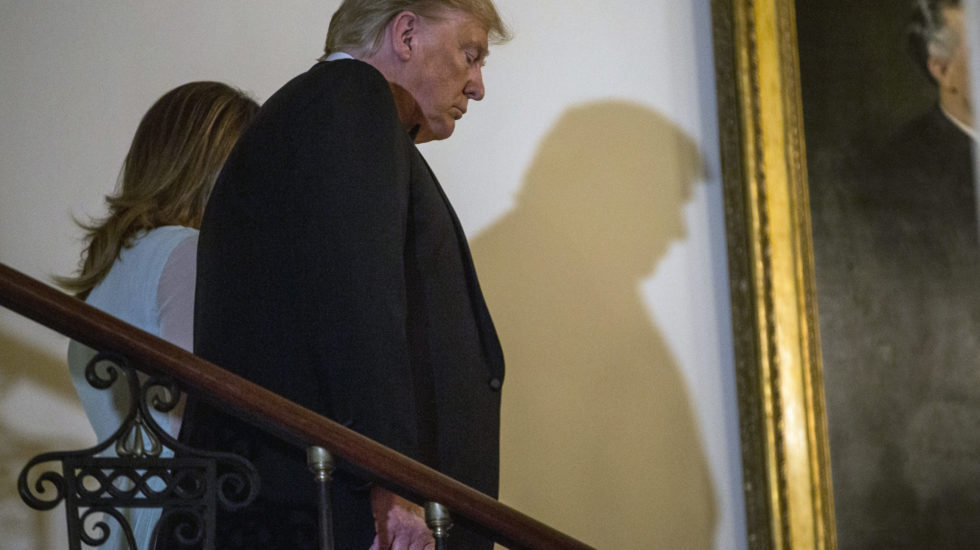Only three presidents in the United States have been subject to formal impeachment proceedings. Two ended with impeachment, but not removal from office (Andew Johnson and Bill Clinton) and one, Richard Nixon, resigned before proceedings concluded. Some of us are old enough to have lived through both Nixon and Clinton’s hearings. But since the Clinton hearings were two decades ago, we can all use a refresher of what is expected during this process. Though you could argue that in the Trump era, expect the unexpected.
So what is impeachment? According to the University of Washington it’s defined as:
“The accusation and prosecution of a person for treason or other high crime or misdemeanour before a competent tribunal… in U.S., a similar process in which the accusers are the House of Representatives and the court is the Senate.”
First Congress will need to draft the focus of the formal inquiry. Lawfare argues they should concentrate on these five areas:
- Obstruction of justice and abuse of law enforcement institutions and personnel
- Attempts to leverage the power of the presidency to cause investigation and prosecution of political opponents
- Abuse of the president’s foreign policy authorities and misuse of congressionally appropriated money to induce a foreign head of state to violate the civil liberties of U.S. persons and interfere in a presidential election
- The president’s efforts to obstruct or impede congressional investigations
- Trump’s lying to the American public
Next Congress will need to gather evidence. CNN legal analyst Jennifer Rodgers says:
Up to now, there’s been a lot of stonewalling. The administration has said, no, you can’t have this witness, executive privilege, all of these other things. So now they will say we are in impeachment proceedings. That gives us the right to collect evidence without regard to this stonewalling.
Rodgers goes on to say that judges should side with Congress on documents relating to impeachment. That could make it easier to get things like the whistleblower complaint.
If they have to go to court to enforce those subpoenas and those requests, they should win, and they should win more quickly than it has been happening in the past. So I would expect a lot of same things going on in the way of collecting evidence, but it should move quickly because judges will know in impeachment proceedings, they have a right to this information, collect that evidence before, of course, an impeachment vote.
The Washington Post recently wrote:
If the investigation concludes that he has committed such crimes, the House Judiciary Committee will draw up articles of impeachment. Then the committee will vote on it, then the full House votes on it. From there it would go to the Senate, which would hold a trial. Two-thirds of the 100 members would have to vote to convict him to remove him from office, something that has never happened in U.S. history and does not seem likely to happen now, given that the Senate is controlled by Republicans loyal to Trump.



